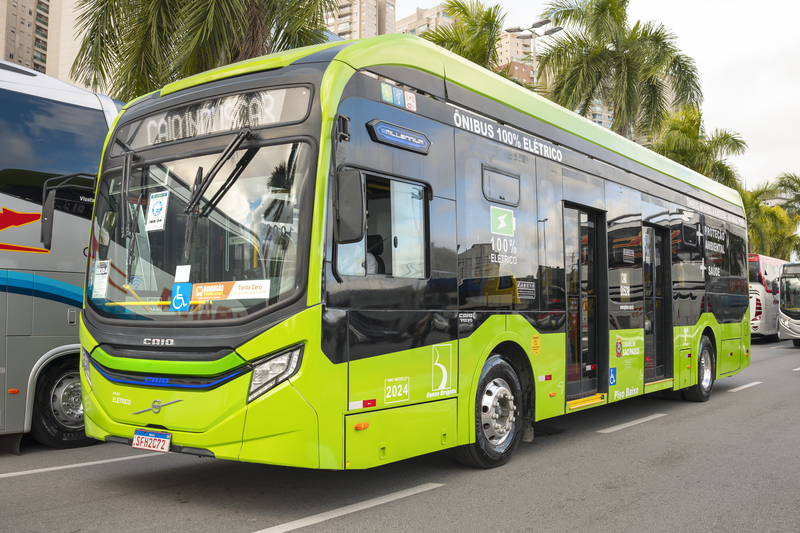
UK micromobility operators call for procurement reform
15 September 2025
by William Thorpe
A coalition of the UK’s leading shared micromobility providers has urged the government to reform local procurement practices, warning that the current approach risks undermining safety, service quality, and affordability for users.
Richard Dilks (pictured), Chief Executive of Collaborative Mobility UK (CoMoUK), told Cities Today that the issue strikes at the heart of sustainable urban transport policy.
“Shared e-bikes and e-scooters are delivering real benefits across UK cities–from cutting congestion to providing affordable connections to public transport,” he said. “But if procurement processes become a race to the highest bidder, those public benefits are put at risk.”
In a joint letter to Simon Lightwood MP, Minister of State for Local Transport, Voi, Lime, Dott, Forest, Bolt, and CoMoUK expressed concern over what they see as a damaging trend: local authorities placing disproportionate weight on financial commitments in tenders.
According to the operators, councils are increasingly awarding contracts based on the share of future revenue promised by bidders, rather than prioritising safety standards, service quality, or affordability. The coalition warns that this model risks inflating user prices, eroding service standards, and even forcing schemes to collapse.
In the letter, the operators compared the current trajectory to the sector’s “unsustainable business models of the early years,” cautioning that squeezing operators’ margins jeopardises long-term viability. They noted that, unlike other markets, authorities often fail to assess the realism of bidders’ business plans when weighing revenue-share commitments.
Dilks underlined the dangers already visible in the market.
“There have sadly been a number of failed procurements in recent years, which have unfortunately resulted in a great deal of wasted time, energy and expense for both local authorities and operators,” he said. “We are already seeing the proof that overly burdensome financial requirements ultimately risk the future of these schemes.”
The letter added that this approach can also lead to inflated prices for users, lower service quality as operators face squeezed margins, and, perhaps most worryingly, the outright collapse of services.
The coalition is calling on the Department for Transport (DfT) to step in by issuing best practice guidance for councils running micromobility tenders. The operators said they want to work constructively with both national and local government to ensure tenders support a “thriving, sustainable micromobility sector for communities across the country.”
“We know from experience that placing affordability, safety, and user experience at the centre of procurement leads to resilient and popular schemes,” Dilks said. “The government has an opportunity here to set out clear guidance so councils can avoid the pitfalls of short-term financial thinking.”
Shared micromobility has expanded rapidly over the past few years, moving from small pilots to established services in dozens of towns and cities. Operators argue that these schemes have helped prove the case for low-cost, sustainable public transport, while supporting local economies.
But the coalition warns that unless procurement practices evolve, the sector’s progress could stall.
“This comes at a time when unlocking the productivity potential of our towns and cities through low-cost, sustainable public transport, and thereby boosting local economies, has never been more important,” the letter stressed.
The operators are seeking a meeting with the Minister to help shape the forthcoming guidance.
Image: CoMoUK













